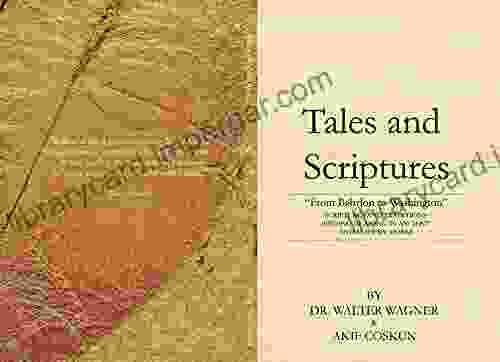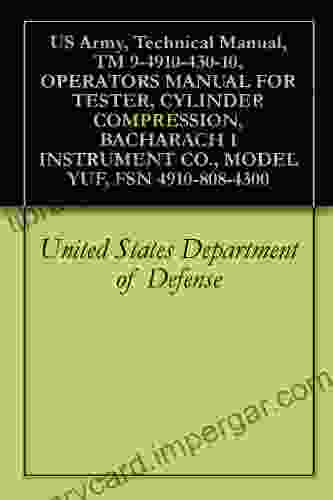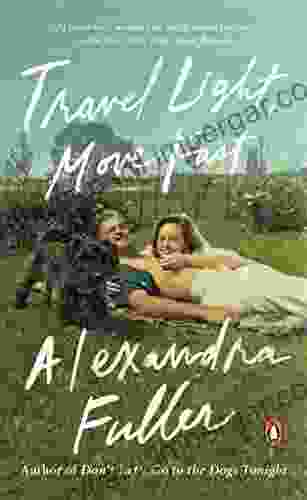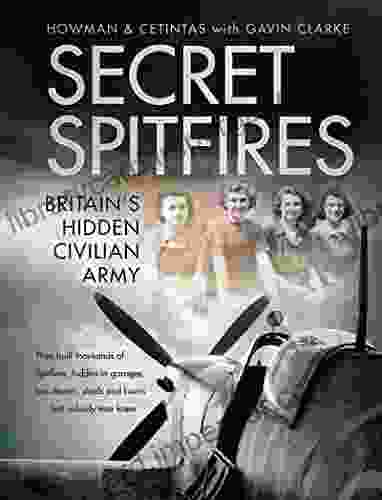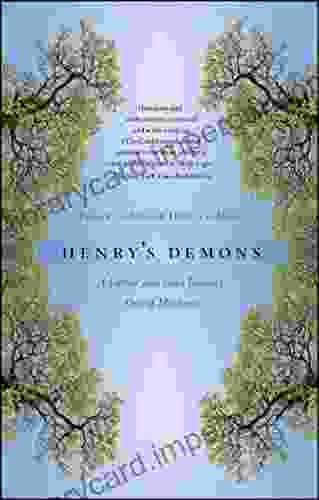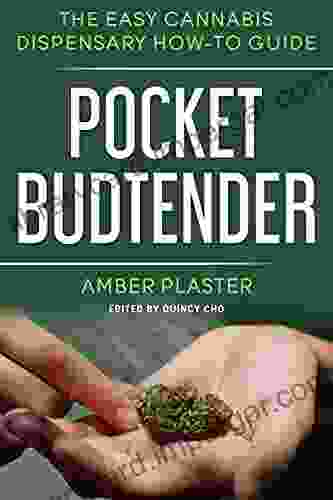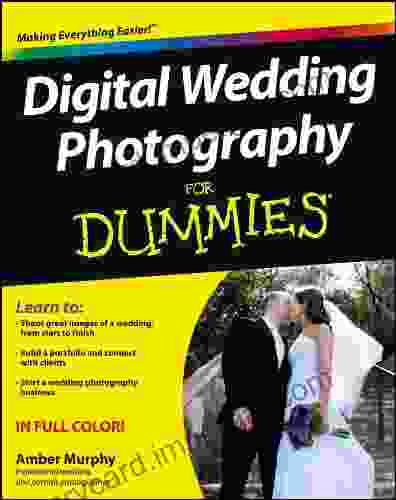In the tapestry of human history, art and literature serve as threads that connect us across time and cultures. They reflect the aspirations, fears, and triumphs that have shaped our collective consciousness. By delving into the depths of these creative expressions, we embark on a journey of discovery, seeking meaning and inspiration that transcends the boundaries of time.
Ancient Texts: A Window into the Past
Ancient texts, such as the epics of Homer and the dramas of Sophocles, offer us invaluable insights into the beliefs, values, and experiences of civilizations long gone. They provide a glimpse into the human condition and the timeless struggles that have plagued us for centuries.
5 out of 5
| Language | : | English |
| File size | : | 1617 KB |
| Text-to-Speech | : | Enabled |
| Screen Reader | : | Supported |
| Enhanced typesetting | : | Enabled |
| Word Wise | : | Enabled |
| Print length | : | 124 pages |
| Lending | : | Enabled |
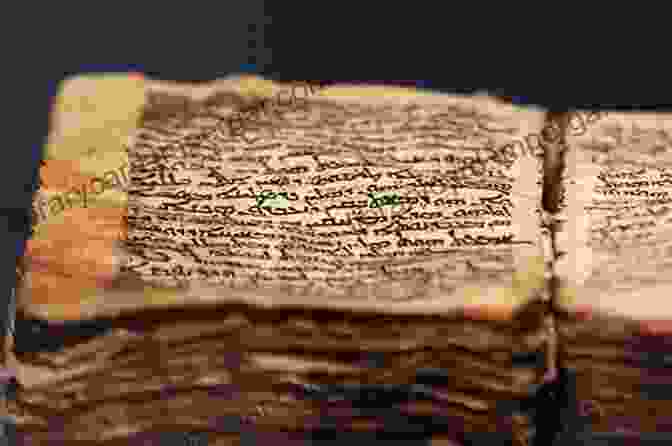
In the "Iliad," we witness the horrors of war and the fragility of human life. The characters of Achilles and Hector embody the duality of valor and vulnerability, reminding us of the complexities of our own nature. Similarly, in "Oedipus Rex," Sophocles explores the intertwined themes of fate, free will, and the search for truth, leaving us with questions that resonate to this day.
Modern Masterpieces: Shaping the Present
Modern works of literature and art continue to challenge and inspire us, reflecting the ever-evolving landscape of human experience. From the psychological depth of Fyodor Dostoevsky's "Crime and Punishment" to the existentialist musings of Albert Camus' "The Stranger," contemporary works grapple with fundamental questions of morality, purpose, and the nature of reality.
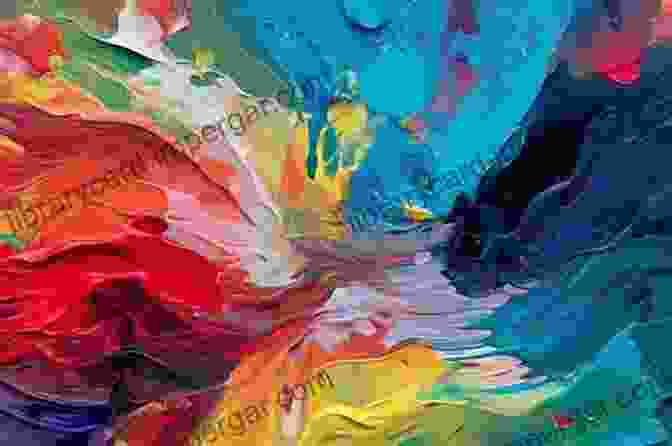
In the works of contemporary artists like Pablo Picasso and Frida Kahlo, we encounter unique perspectives on identity, pain, and the human spirit. Through their bold brushstrokes and evocative imagery, they challenge societal norms and invite us to see the world in new ways.
Bridging the Gap: The Power of Comparison
By comparing ancient and modern works, we discover fascinating parallels and contrasts that illuminate the enduring nature of human experience. The themes of love, loss, ambition, and redemption echo throughout history, connecting us to those who came before and inspiring us to reflect on our own lives.
For example, the tragic love story of Orpheus and Eurydice in Greek mythology finds its modern counterpart in the novel "The Fault in Our Stars" by John Green. Both works explore the complexities of love, grief, and the acceptance of mortality.
Finding Personal Meaning
The journey of finding meaning in ancient and modern works is ultimately personal. As we delve into these texts and creations, they speak to us on a profound level, offering insights into our own beliefs, values, and experiences.

Whether we seek solace, inspiration, or simply a deeper understanding of ourselves and the world around us, ancient and modern works offer a rich tapestry of wisdom and beauty. By engaging with these creations, we cultivate our empathy, expand our perspectives, and discover the transformative power of storytelling and artistic expression.
In the realm of ancient and modern works, we find a boundless source of meaning and inspiration. By venturing into these literary and artistic landscapes, we embark on a journey of self-discovery, connecting with the past, embracing the present, and shaping our own futures. As we delve into these transformative works, may we find solace, wisdom, and the enduring power of human creativity.



